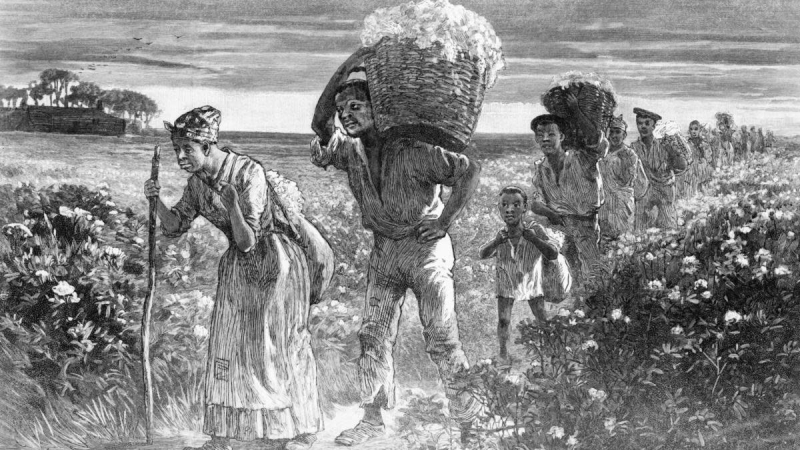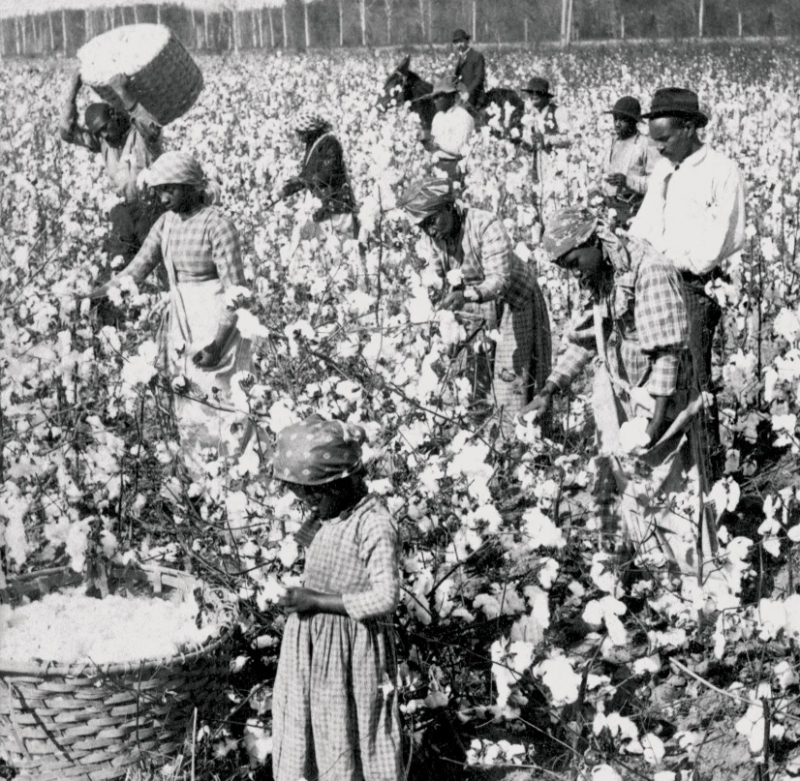His cotton gin revolutionized Southern agriculture as well as the national economy
One of the most interesting facts about Eli Whitney is that his cotton gin revolutionized Southern agriculture as well as the national economy. Southern cotton found ready markets in Europe and in New England's growing textile mills. Cotton exports from the United States increased dramatically after the invention of the cotton gin, rising from less than 500,000 pounds (230,000 kg) in 1793 to 93 million pounds (42,000,000 kg) by 1810. Cotton, unlike most agricultural products, could be preserved for long periods of time and carried over large distances. From 1820 until 1860, it was the primary export of the United States, accounting for more than half of all exports.
Whitney hoped that his cotton gin would eliminate the need for enslaved labor and speed the abolition of southern slavery. The cotton gin, a labor-saving technique, paradoxically helped to sustain and prolong slavery in the United States for another 70 years. Prior to the 1790s, slave labor was mostly used in the cultivation of rice, tobacco, and indigo, none of which were particularly profitable. Cotton, on the other hand, was not because of the difficulties of seed removal. However, with the invention of the gin, cultivating cotton with slave labor became extremely profitable, becoming the primary source of wealth in the American South and the foundation of frontier settlements from Georgia to Texas. "King Cotton" became a powerful economic force, and slavery remained an important institution in Southern society.







